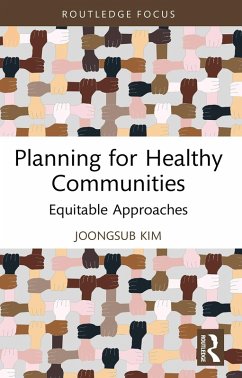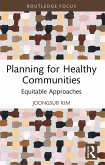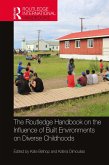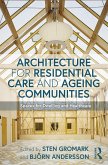The core concepts underlying the book are three dimensions of support infrastructure (people: human-centering; place: place-cultivating; and ecosystem: sustainable capitalization), leveraging several theories (community capital, social justice) from community development. This book is based on the results of a recent grassroots, citywide engagement-driven initiative in Detroit, and on best-practice case studies in Chicago, Indianapolis, Cleveland, Boston, Philadelphia, Minneapolis, Richmond, and Portland. The initiative's significant outcomes include a consensus-bolstered by those case studies-on seven components deemed essential to an equitable system for community development. This book proposes that the CDS can enhance community health if at least the following requirements are met: (1) adoption of a community-vitality framework as a citywide shared narrative; (2) coordination across financial institutions to allocate funds equitably to underserved communities; and (3) implementation of system governance with stronger attention to resident voices.
This book demonstrates that bottom-up CDSs can and should be leveraged to enhance the health of underserved communities and investigates how best to address the three requirements to make the equitable system-based approach work effectively in practice. The audience of community development and community health actors will learn from Detroit and the case studies-offering lessons for other cities facing similar issues-how to leverage equitable CDSs to promote healthy communities.
Dieser Download kann aus rechtlichen Gründen nur mit Rechnungsadresse in A, B, BG, CY, CZ, D, DK, EW, E, FIN, F, GR, HR, H, IRL, I, LT, L, LR, M, NL, PL, P, R, S, SLO, SK ausgeliefert werden.









